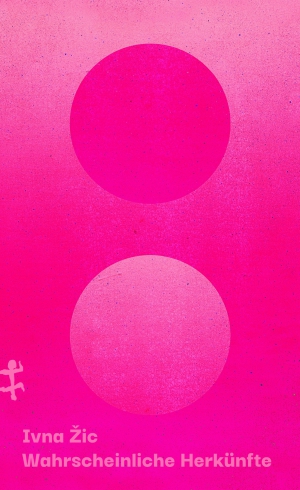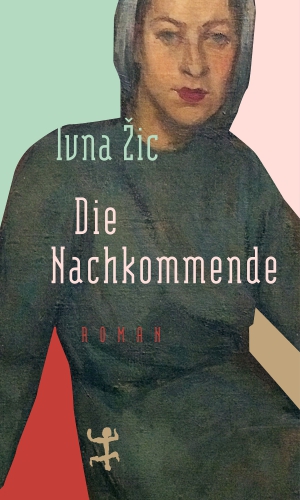How do we tell about a past that we have not experienced ourselves? How and in what language do we tell of and about stories that we cannot relate to? For when we speak, we speak the present, in which the past also speaks: whoever wants to understand what he speaks must also understand the language of the dead. In her autofictional reflection, Ivna Žic opens access to the completely different worlds of her two grandmothers and the silent grandfather, in whose lives European history and a vanished world are reflected, which still lives on in us and determines our actions.
In tender prose and with precise descriptions, Ivna Žic traces the footsteps of her ancestors and opens a place of recognition in the other and of the other. Diversity is horizontal and vertical, diachronic and synchronic. Žic's text opens up in a passage from the past into a European future in which a new, radical multilingualism has long since created space for itself, thereby allowing the political to emerge from the private and new narratives to emerge from the new circumstances.
Novel
Ivna Žic, born in 1986 in Zagreb, grew up in Zurich, studied Applied Theater Studies, Acting Direction and Scenic Writing in Gießen, Hamburg and Graz. Žic has received numerous grants and awards for her texts. In 2019, she was nominated for both the Austrian Book Prize and the Swiss Book Prize for her debut novel Die Nachkommende. In 2020, she received the prestigious Anna Seghers Prize. Žic lives in Zurich and Vienna.
By the same author(s)
"Ivna Žic's collection of essays is an intellectual and equally personal adventure. A search for traces in which even the finding remains ambivalent. The traces of life and its languages prove to be so ambiguous that it simply pulls the rug out from under the self-assured word 'identity.'" – Neue Zürcher Zeitung








